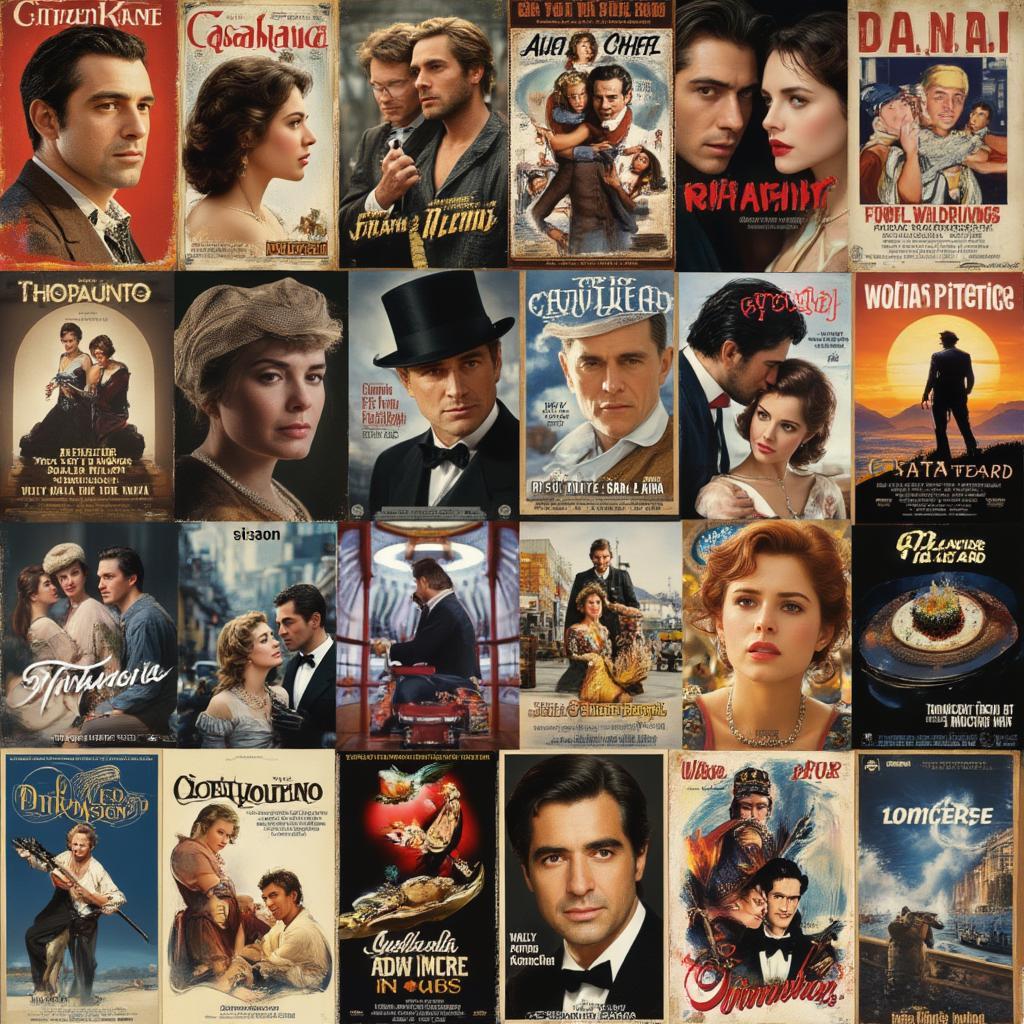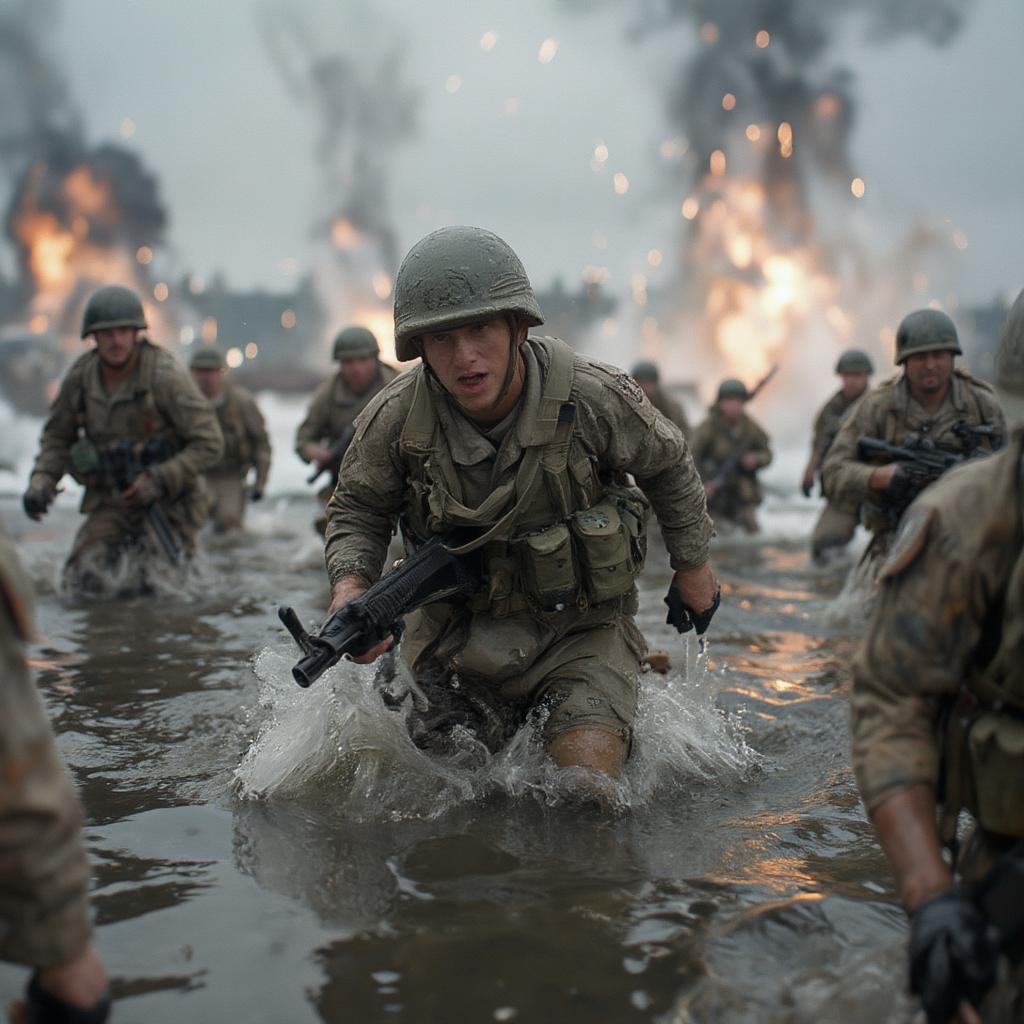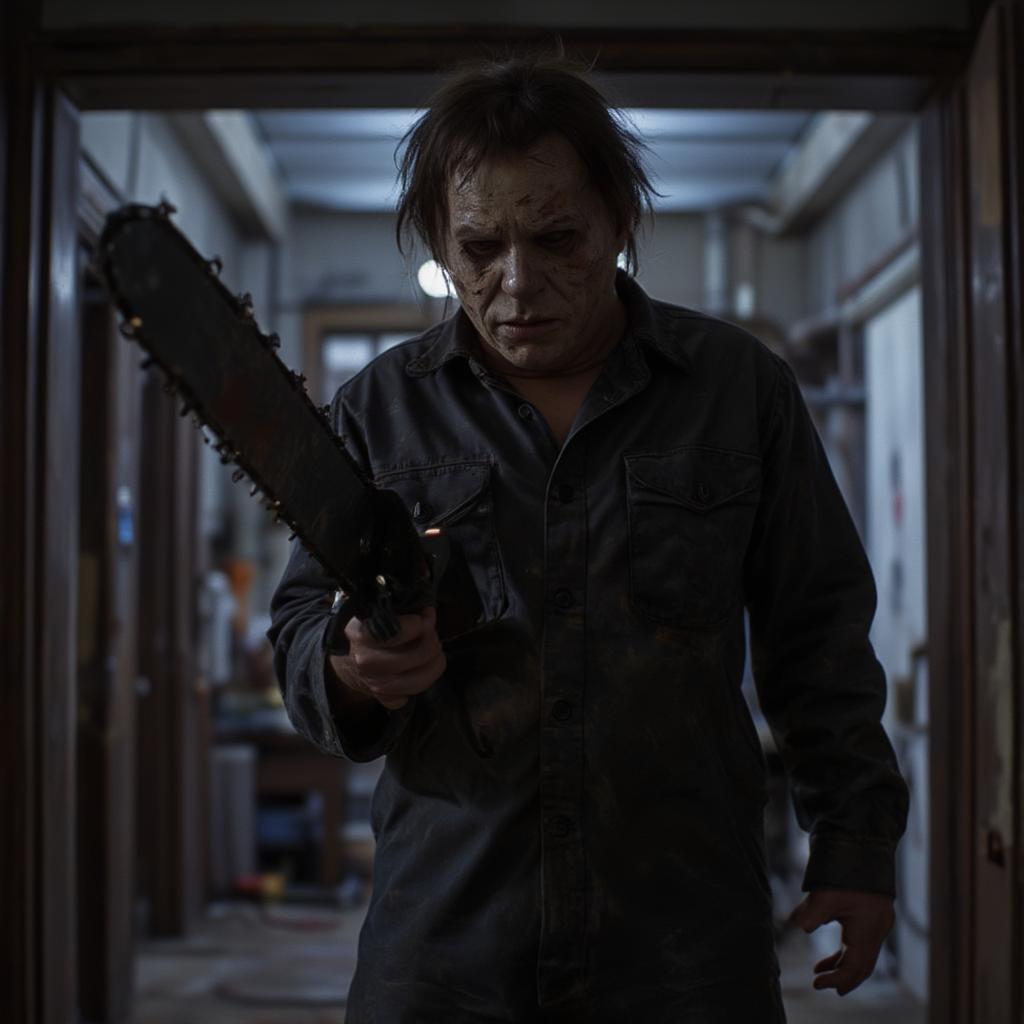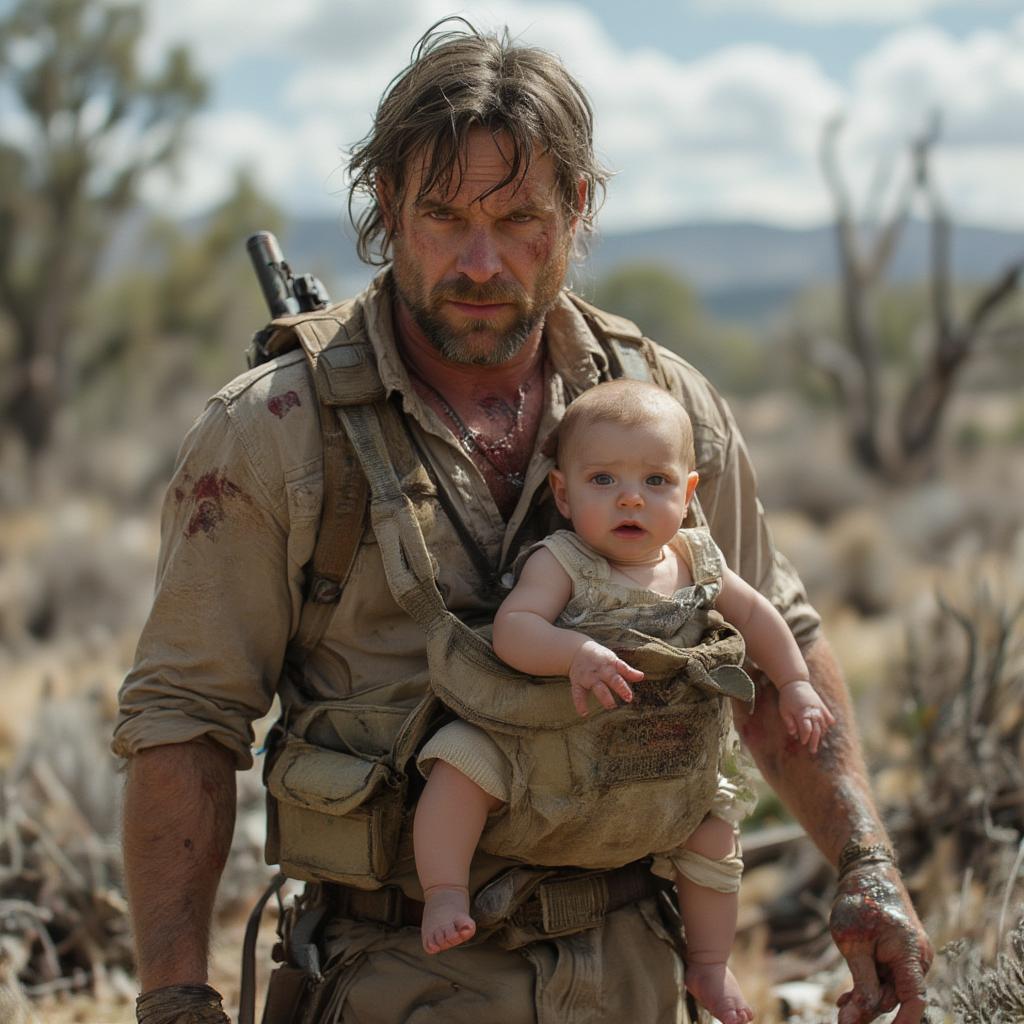Rolling Through Hollywood’s History: The Most Famous Classic Movies

The Most Famous Classic Movies aren’t just flickers on celluloid; they’re goddamn cultural cornerstones. These cinematic masterpieces, forged in the golden age of Hollywood and beyond, continue to captivate audiences with their timeless stories, iconic characters, and groundbreaking filmmaking. They’re the kind of films that stick with you, the kind you quote with your buddies over beers, the kind that make you fall in love with cinema all over again. So, grab your popcorn, dim the lights, and let’s take a bloody good look at some of the most celebrated films in cinematic history.
Why These Flicks Still Matter: Decoding the Allure of Famous Classic Movies
Why do we keep coming back to these old-timers? It’s not just nostalgia, folks. These films resonate because they tap into universal themes: love, loss, redemption, revenge – the whole damn human experience. They offer a window into different eras, showcasing societal values, fashion trends, and even political climates of the past. But most importantly, they tell damn good stories. Stories that grip you by the throat and don’t let go until the final frame. Classic films often boast stellar performances from legendary actors, sharp dialogue that crackles with wit, and innovative cinematography that pushed the boundaries of filmmaking. They set the standard, paving the way for every movie that followed.
The Usual Suspects: A Lineup of the Most Famous Classic Films
Let’s dive headfirst into the celluloid pool, shall we? Here’s a taste of some of the most famous classic movies, guaranteed to satisfy any film fanatic’s craving for cinematic gold:
- Citizen Kane (1941): Orson Welles’ groundbreaking masterpiece about a media magnate’s rise and fall. It’s innovative storytelling and stunning visuals still influence filmmakers today. Think of it as the cinematic equivalent of a Molotov cocktail – explosive and unforgettable.
- Casablanca (1942): This wartime romance starring Humphrey Bogart and Ingrid Bergman is a timeless tale of love and sacrifice. It’s got more quotable lines than a Tarantino flick, and that’s saying something. “Here’s looking at you, kid” – need I say more?
- The Godfather (1972): Francis Ford Coppola’s epic crime saga about the Corleone family is a cinematic masterpiece. It’s a brutal, beautiful, and operatic exploration of power, family, and betrayal. An offer you can’t refuse, indeed.
- Gone with the Wind (1939): A sweeping historical romance set during the American Civil War. Vivien Leigh and Clark Gable’s performances are legendary, and the film’s depiction of a bygone era is both breathtaking and heartbreaking. Frankly, my dear, it’s a damn long movie, but worth every minute.
- Psycho (1960): Alfred Hitchcock’s terrifying thriller about a motel owner with a dark secret. This film redefined the horror genre and features one of cinema’s most iconic scenes – the shower scene, of course. It’ll have you jumping at your own shadow.

Are These Films Really That Good? Why Critics Still Rave About Classic Cinema
Some might argue that these films are overrated, relics of a bygone era. But I say, they’re goddamn masterpieces! They stand the test of time because they’re more than just entertainment; they’re art. They offer insightful commentary on the human condition, explore complex themes, and showcase the power of visual storytelling. They are films that demand to be discussed, dissected, and debated.
The Impact of Classic Films on Modern Cinema
These classics didn’t just entertain audiences; they influenced generations of filmmakers. Their innovative techniques, compelling narratives, and memorable characters continue to inspire contemporary cinema. You can see their DNA in everything from modern blockbusters to independent art house films.
Digging Deeper: Understanding the Cultural Context of Classic Films
To truly appreciate these films, you need to understand the context in which they were made. Consider the social, political, and economic climate of the time. What were the prevailing cultural attitudes? How did these factors shape the stories being told?
“Classic films are a time capsule, reflecting the hopes, fears, and anxieties of their era,” says Dr. Reginald Von Helsingberg, film historian and author of “Celluloid Symphonies: A History of Cinematic Masterpieces.” “They offer a unique window into the past, allowing us to understand the cultural landscape that shaped these iconic works.”
The Enduring Legacy of Classic Hollywood
Classic Hollywood wasn’t just a place; it was a goddamn dream factory. It churned out stars, stories, and style that captivated the world. Its influence on popular culture is undeniable, and its legacy continues to shape the entertainment industry today.
“The studio system of Classic Hollywood created a unique environment for filmmaking,” notes Professor Ilsa Lund, film scholar and author of “The Golden Age: A Critical Analysis of Classic Hollywood Cinema”. “It fostered a collaborative spirit and nurtured the talents of some of the greatest filmmakers and actors in history.”
Conclusion: Keep the Classics Alive!
The most famous classic movies are more than just entertainment; they’re a vital part of our cultural heritage. They deserve to be watched, discussed, and celebrated for generations to come. So, do yourself a favor and revisit these cinematic treasures. You might just discover something new about yourself, about filmmaking, or about the world we live in. Now go forth and explore the world of classic cinema! You won’t regret it.
FAQ: Your Burning Questions About Classic Movies Answered
- What makes a movie a “classic”? There’s no single definition, but generally, a classic film is one that has stood the test of time, continues to be relevant, and has had a significant impact on cinema or culture.
- Where can I watch classic movies? Streaming services, film archives, libraries, and even some theaters often showcase classic films.
- Why are black and white movies considered classics? Many early films were made in black and white due to technological limitations. However, this aesthetic often enhances the storytelling and creates a timeless quality.
- Are all classic movies long? No. While some classics are epics, many are concise and impactful, proving that a good story doesn’t need to be lengthy.
- Why should I watch classic movies if I prefer modern films? Classic movies offer a different perspective on storytelling, acting, and filmmaking. They can broaden your cinematic horizons and deepen your appreciation for the art form.
- Are remakes of classic movies ever as good as the originals? That’s a matter of opinion! Some remakes offer fresh interpretations, while others fall flat. It’s always interesting to compare and contrast.
- What is the “Golden Age of Hollywood”? Generally considered the period from the late 1920s to the early 1960s, characterized by the studio system, glamorous stars, and iconic films.
- Are there any modern classic movies? Time will tell! Some contemporary films show promise and may eventually be considered classics. It’s all about enduring impact.
- Why are classic movies important? They provide a window into the past, preserve cultural history, and offer timeless stories that continue to resonate with audiences today.




